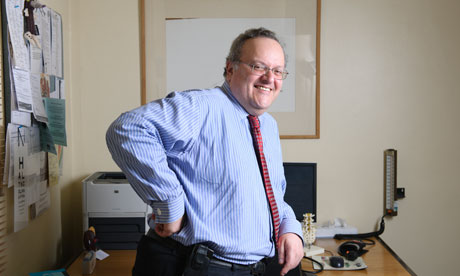Monthly Archives: March 2013
A chance to make a real difference for patients and carers!
Putting patients first
A major change to the way GPs in England commission local health services will take place in April – and it offers board members of clinical groups the chance to make a real difference for their communities

While debate was raging at Westminster about the government’s NHS reforms, groups of GPs across England were quietly going about the job of setting up the boards tasked with steering through major changes to the service. Clinical commissioning groups (CCGs), which take over from primary care trusts in April, are designed to put GPs in the driving seat when it comes to commissioning services in their area.
The new boards have a big job ahead. Not only are there significant pressures on budgets, but the fallout from the Mid Staffordshire NHS Foundation Trust inquiry means, more than ever, the spotlight is on standards of care.
Dr Charles Alessi, chair of NHS Clinical Commissioners, the body set up to represent the new boards, says there are real opportunities for board members to make a difference. “It is a very difficult time for the NHS and perhaps the balance between a robust management style and the clinical dimension needs to be rebalanced,” he says, “with the duty of care to the population taking on a far more important role than it seemed to in the past. For all of us, it’s a new world – it’s very difficult, but very exciting.”







